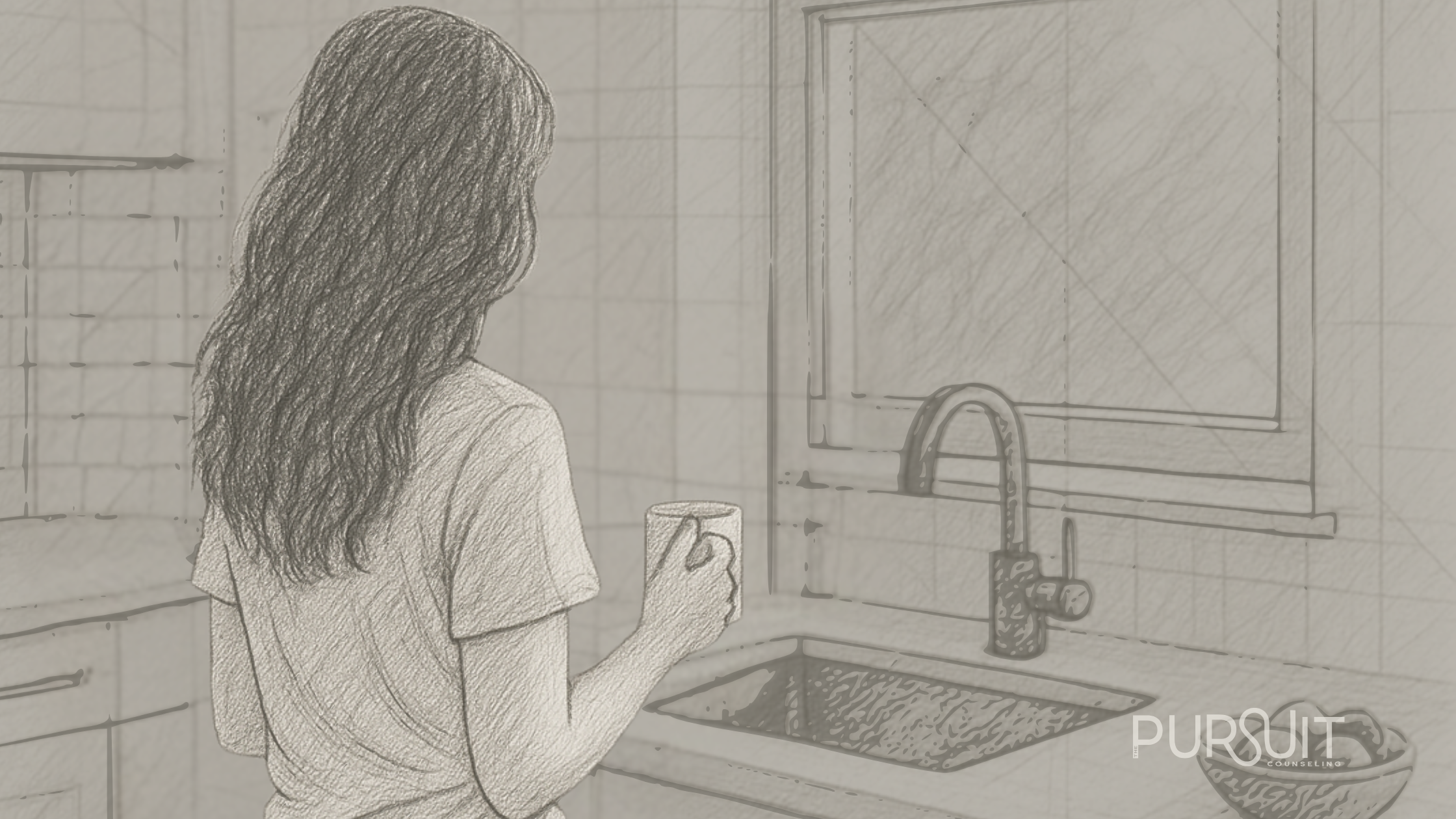Addiction is often depicted as a battle against substances, but beneath the surface, it is a battle against something far more insidious—loneliness and isolation. As addiction takes hold, it draws individuals into a world where the only relationship that matters is with the substance. Friends, family, and loved ones become distant memories, and a once vibrant social life fades into the background. Isolation in addiction is a common pairing. This blog delves into the isolation that comes with addiction, exploring how it happens, why it’s so damaging, and what can be done to break free from its grip.
How Addiction Leads to Isolation
The path to isolation in addiction is often gradual, beginning with small, seemingly insignificant choices that lead to a growing disconnect from the world. As addiction progresses, these choices become patterns, and the isolation deepens.
- Secrecy and Shame: One of the earliest stages of isolation in addiction involves secrecy. As substance use increases, so does the need to hide it. Whether out of shame, fear of judgment, or the desire to avoid confrontation, individuals often go to great lengths to conceal their addiction from those around them. This secrecy creates barriers between the individual and their loved ones, leading to a sense of being misunderstood or disconnected.
- Avoidance of Social Situations: Social events, gatherings, and even casual meet-ups become less appealing as addiction intensifies. The desire to avoid situations where one’s substance use might be exposed or where substances aren’t available often leads to a withdrawal from social life. This avoidance might start with missing a few events, but it can quickly spiral into a full retreat from social interactions altogether.
- Damaged Relationships: Addiction doesn’t just affect the individual; it also impacts everyone around them. Trust is often eroded as promises are broken, responsibilities are neglected, and erratic behavior becomes the norm. Over time, these patterns of behavior can strain relationships to the point of breaking. Friends and family may distance themselves, leaving the individual feeling more isolated than ever.
- Emotional Isolation: Beyond physical isolation, addiction also leads to emotional isolation. The substance becomes the primary focus, replacing healthy ways of dealing with emotions like stress, sadness, or anxiety. As a result, individuals in active addiction may struggle to express their emotions, leading to a sense of being emotionally disconnected from others—even when they are physically present.
- Loss of Identity: As addiction deepens, it can consume a person’s sense of identity. Hobbies, passions, and interests that once brought joy and connection fall by the wayside, replaced by the singular focus on obtaining and using the substance. This loss of identity can further contribute to feelings of isolation, as individuals may feel that they no longer have anything in common with the people they once connected with.

The Damage of Isolation in Addiction
Isolation is not just a symptom of addiction; it also fuels the addiction, creating a vicious cycle that can be difficult to break. The loneliness that comes with isolation can exacerbate feelings of hopelessness and despair, which, in turn, can drive further substance use as a means of coping.
- Increased Dependence on Substances: As isolation intensifies, the substance often becomes the individual’s sole source of comfort and companionship. This increased dependence can lead to more frequent use, higher doses, and a deepening of the addiction. The more isolated a person becomes, the more they may rely on the substance to fill the void left by lost connections.
- Mental Health Decline: The loneliness and isolation associated with addiction can take a significant toll on mental health. Depression, anxiety, and other mental health issues are common among those struggling with addiction, and isolation often exacerbates these conditions. Without a support system, individuals may feel trapped in a cycle of addiction and mental illness, with no clear way out.
- Increased Risk of Harm: Isolation in addiction also increases the risk of harm. Without a network of friends or family to check in or offer support, individuals may be more likely to engage in risky behaviors, experience overdoses, or face other dangerous situations. The lack of a support system means that when crises occur, there is often no one to turn to for help.

Breaking Free from Isolation
While the isolation of addiction can feel overwhelming, it is not insurmountable. Recovery is possible, and it begins with reconnecting—with oneself, with others, and with the community. Breaking free from the isolation of addiction requires courage and a willingness to reach out, even when it feels impossible.
- Seeking Help: The first step in breaking the cycle of isolation is seeking help. Whether through therapy, support groups, or treatment programs, reaching out for support is crucial. These resources can provide the guidance and encouragement needed to begin the journey of recovery, offering a path back to connection.
- Rebuilding Relationships: Recovery is not just about quitting substances; it’s also about repairing the relationships that have been damaged by addiction. This process may involve making amends, rebuilding trust, and learning to communicate openly and honestly. While it can be challenging, the rewards of rekindled relationships are worth the effort.
- Engaging with the Community: Re-engaging with the community is another important step in breaking free from isolation. Whether through volunteer work, joining a support group, or participating in local events, finding ways to connect with others can help rebuild a sense of belonging and purpose.
- Fostering Self-Connection: Finally, breaking free from isolation involves reconnecting with oneself. This means rediscovering passions, interests, and a sense of identity outside of addiction. Through therapy, mindfulness practices, and self-reflection, individuals can begin to rebuild their self-esteem and develop a healthier relationship with themselves.
Conclusion
Isolation is a silent but powerful force in addiction, driving individuals deeper into their dependence on substances while eroding their connections with the world around them. Yet, it is precisely these connections that hold the key to recovery. By recognizing the role of isolation in addiction and taking steps to reconnect—with oneself, others, and the community—individuals can break free from the grip of addiction and build a life filled with meaning, purpose, and connection. Recovery is not just about escaping the darkness of addiction; it’s about finding the light of connection and letting it guide the way forward.
At The Pursuit, a group of experienced therapists have come together to offer best-in-class counseling services. We prioritize clinical theory, non-judgmental approaches, and effective interventions, treatment plans, and coping skills. We have therapists who specialize in different areas and we strive to find the best match for your unique needs. Are you ready to take the first step in your Pursuit towards a happier, healthier you? We invite you to book your free 20-minute consultation with one of our skilled therapists. Don’t wait; it’s time to invest in your well-being. Simply Book Now to start your Pursuit toward personal growth and positive change today. Keep reading if you want to learn more about Drug Abuse Counseling.




